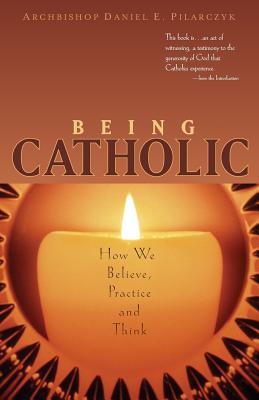
description
3"Provides excellent insight into how Christology would be manifest through the lenses of Thomas Aquinas. He does this by looking at central themes in Christology, giving particular attention to the hypostatic union, the two natures of Christ, the knowledge and obedience of Jesus, the passion and death of Christ, Christ's descent into hell, and the resurrection. In each of these sections, White provides excellent analysis and synthesis enabling the reader to understand how Thomas Aquinas might view them." - Catholic Library World "A masterful and coherent vindication of Aquinas's Christology in the context of the diverse claims of modern christologies The immense importance of this work lies principally in the fact that it can benefit not only Thomists, but anyone committed to serious theological reflection on the Scriptural witness to Jesus Christ." - New Blackfriars "A significant piece of systematic theology. White demonstrates his outstanding credentials as an interpreter of Thomas in particular and of the Catholic tradition as a whole, and makes for a useful dialogue partner for Protestant theologians who may find certain modern critiques less problematic than White, and who prefer to engage the deconstructive efforts of Enlightenment and post-Enlightenment thought by means other than the retrieval of another era." - Modern Theology "This ambitious and spirited book presents Thomist Christology as a universal panacea for a cluster of what its author takes to be debilitating weaknesses in recent Christology." - Theology "This closely reasoned and clearly written collection of essays presents an invaluable perspective upon many of the crucial issues debated in contemporary Christology. As one would expect, White shows an intimate familiarity with the thought of Aquinas. But he has also read carefully and deeply in modern and contemporary Christologies." - Theological Studies "Clear, receptive, unhurried, irenic, and encyclopedicuniquely valuable and pleasurable to read. White gives us a complete and definitive treatment of the issues concerned; his book will become the standard reference for decades to come." - The Heythrop Journal
member goods
No member items were found under this heading.
Return Policy
All sales are final
Shipping
No special shipping considerations available.
Shipping fees determined at checkout.







